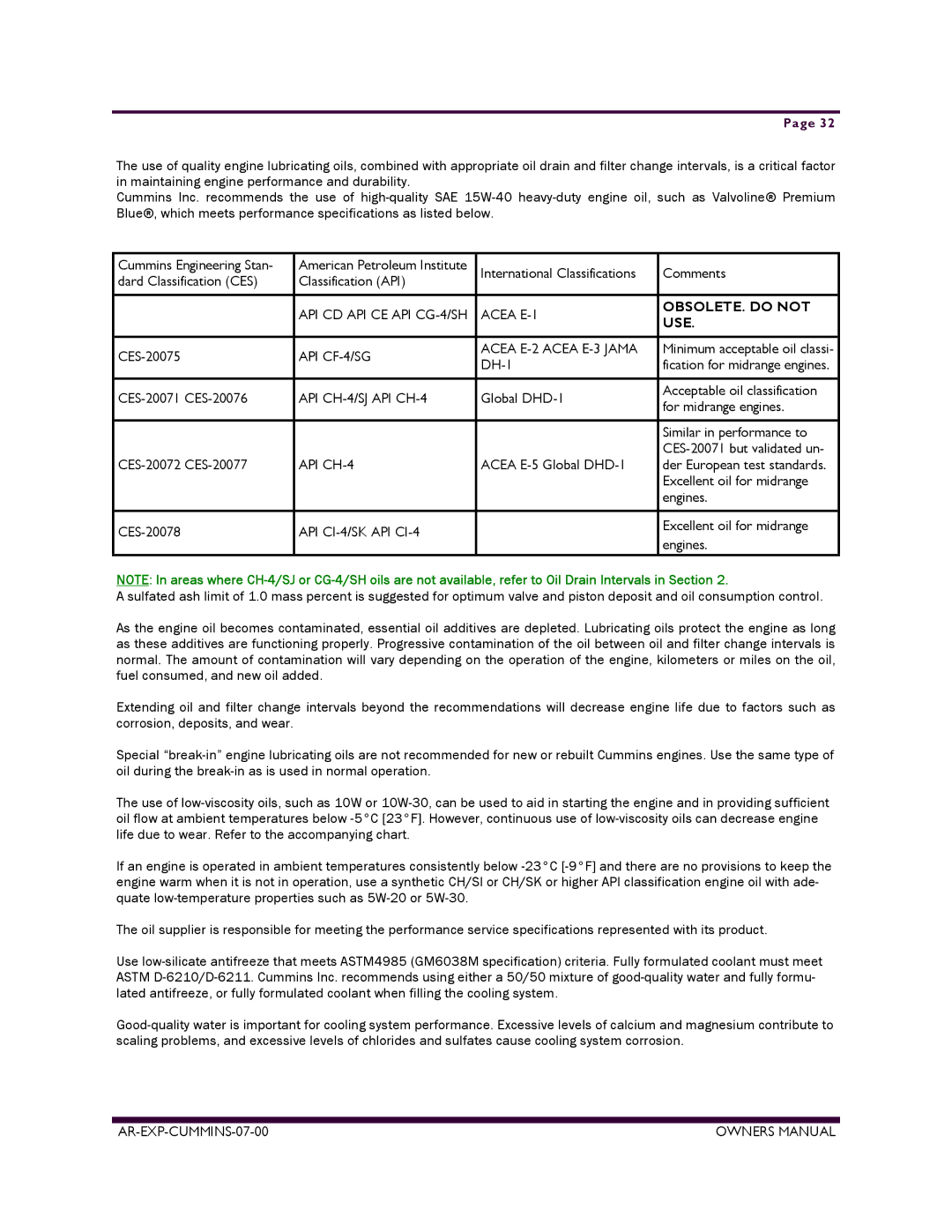ACUM210, ACUM110, ACUM65, ACUM185, ACUM140 specifications
Armstrong World Industries has established itself as a leader in the design and manufacture of innovative ceiling and wall solutions. Among their notable acoustic ceiling offerings are the ACUM84, ACUM210, ACUM65, ACUM140, and ACUM185 tiles. Each of these products is engineered with distinct features and technologies aimed at enhancing acoustic performance, durability, and aesthetics in various commercial spaces.The ACUM84 is designed for spaces that prioritize sound absorption and overall acoustic quality. It utilizes advanced sound-dampening technology, making it suitable for environments such as offices, schools, and healthcare facilities. This tile achieves a high Noise Reduction Coefficient (NRC), effectively minimizing sound reverberation, which is essential for maintaining concentration in busy settings.
Similarly, the ACUM210 offers enhanced acoustic properties but with a focus on durability. This tile is constructed with a robust material that is resistant to impact and moisture, making it an excellent choice for high-traffic areas. The fabric-like texture not only adds aesthetic value but also improves its sound-absorbing capabilities, contributing to a quieter environment.
For those seeking a versatile solution, the ACUM65 is an ideal option. This tile is lightweight yet durable, making installation straightforward. Its ecological design ensures minimal environmental impact while providing superior acoustic performance. The ACUM65 is particularly well-suited for retail spaces, where customer experience can be significantly enhanced by better sound control.
ACUM140 is engineered for flexibility and design versatility. With a range of finishes and colors, it allows architects and designers to incorporate acoustic solutions that harmonize with the overall aesthetic of the space. Its high NRC rating ensures a calm auditory environment, making it an excellent fit for restaurants and auditoriums.
Lastly, the ACUM185 combines aesthetics with functionality, offering a sleek design while maintaining outstanding sound absorption capabilities. It meets the demands of contemporary styling without compromising performance. This tile is particularly favored in corporate environments where aesthetics play a crucial role in branding and employee satisfaction.
In conclusion, Armstrong's ACUM product line, including ACUM84, ACUM210, ACUM65, ACUM140, and ACUM185, showcases technologies and characteristics that cater to a variety of applications. With a strong focus on acoustic management, durability, and design versatility, Armstrong continues to provide innovative solutions tailored to the needs of modern commercial spaces.
